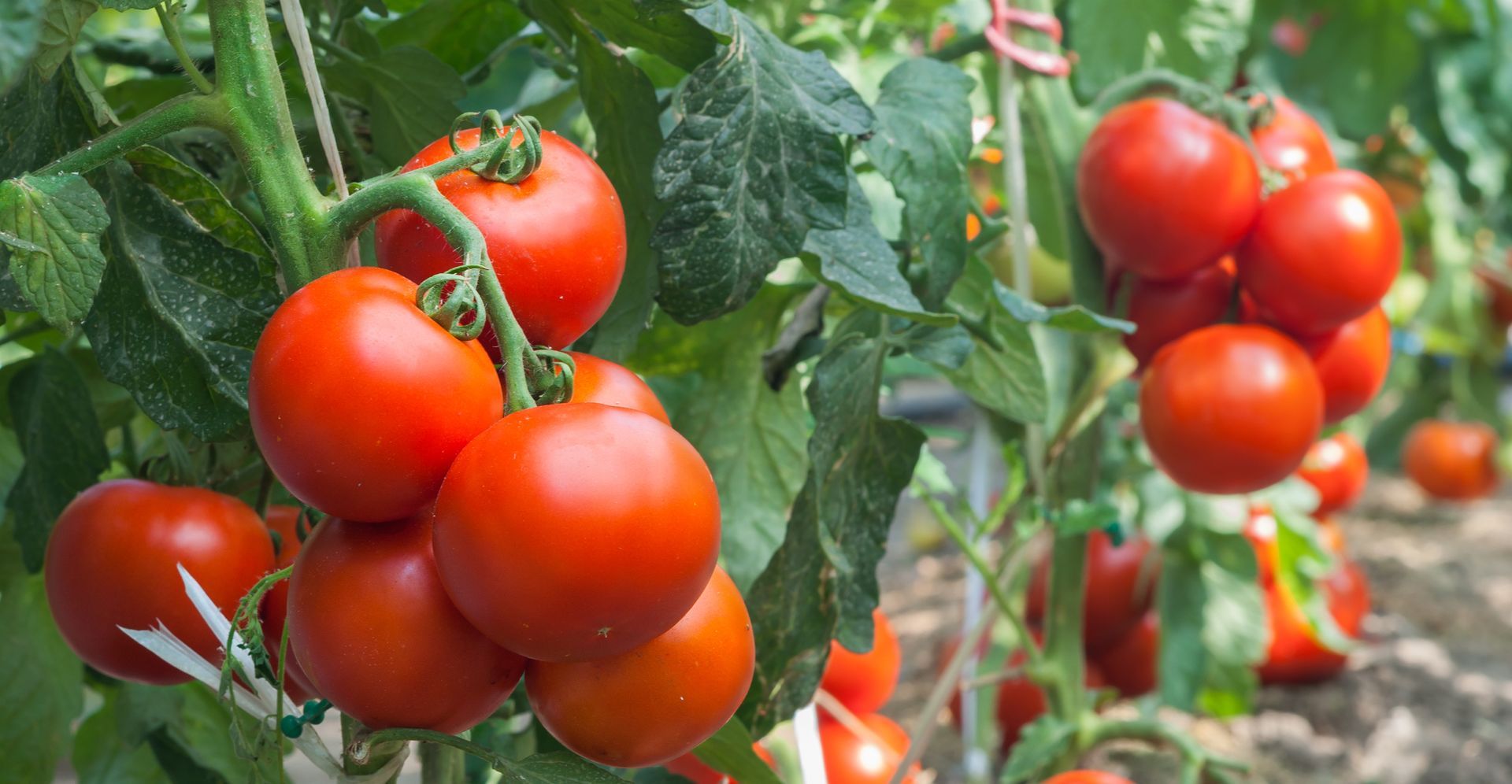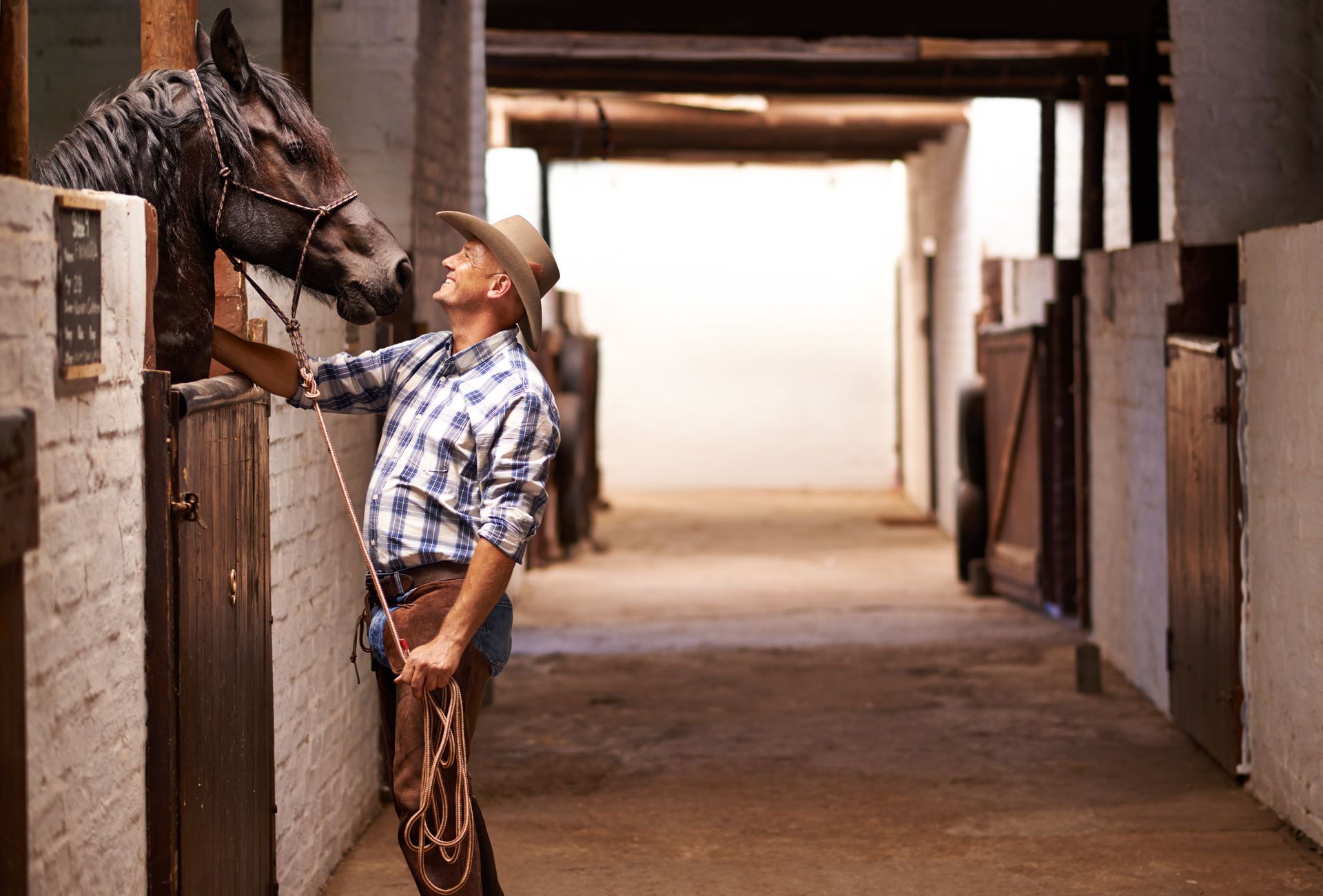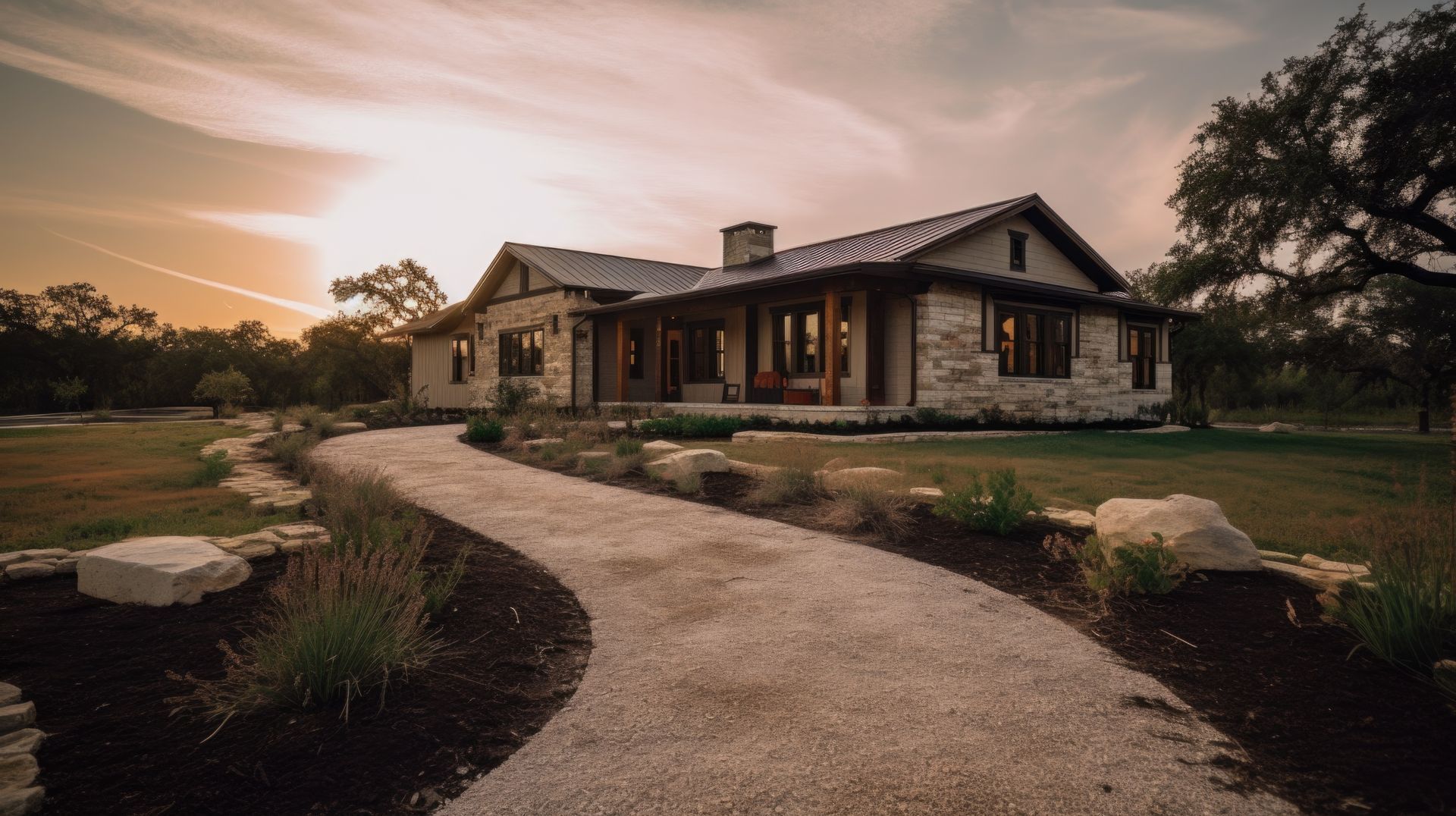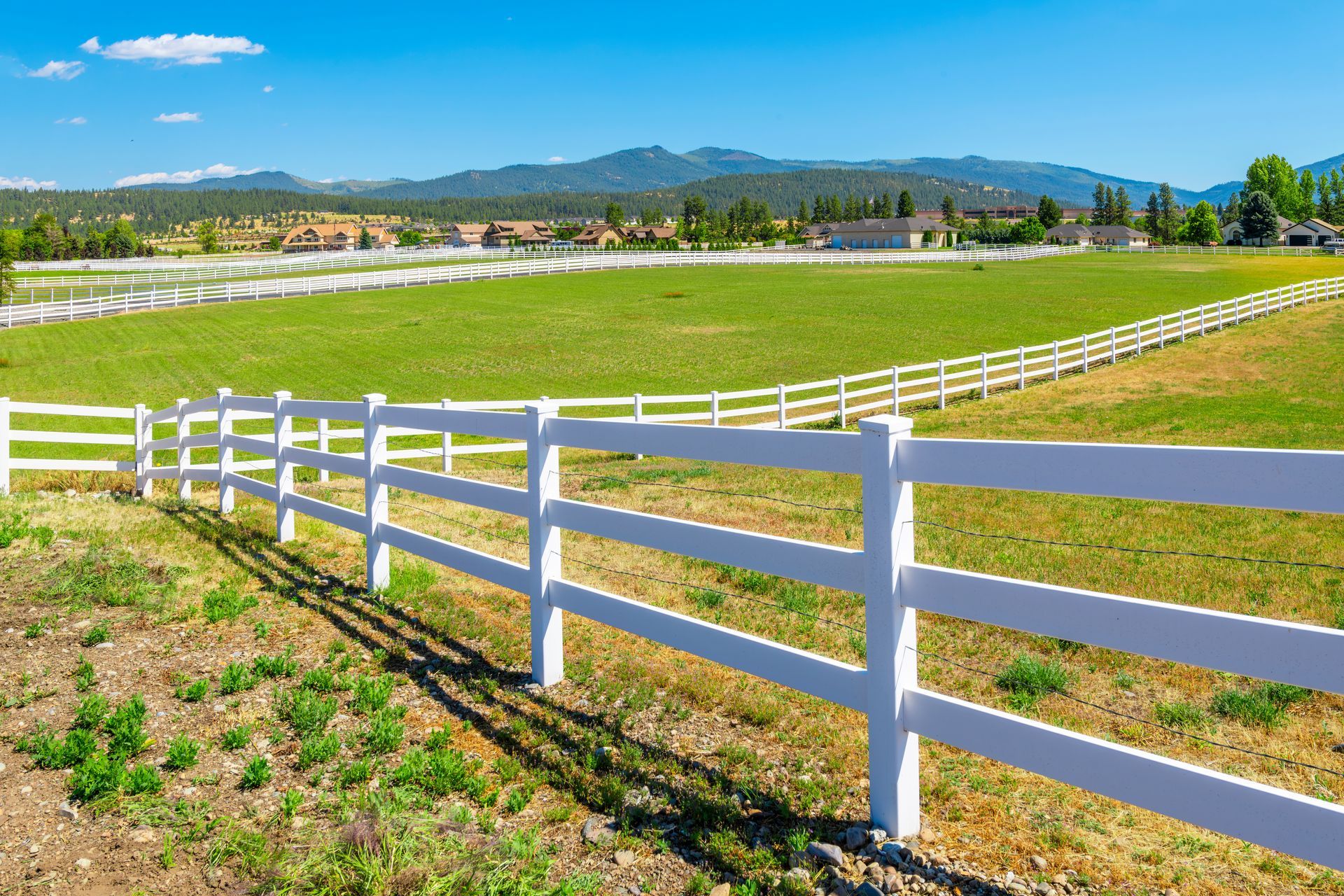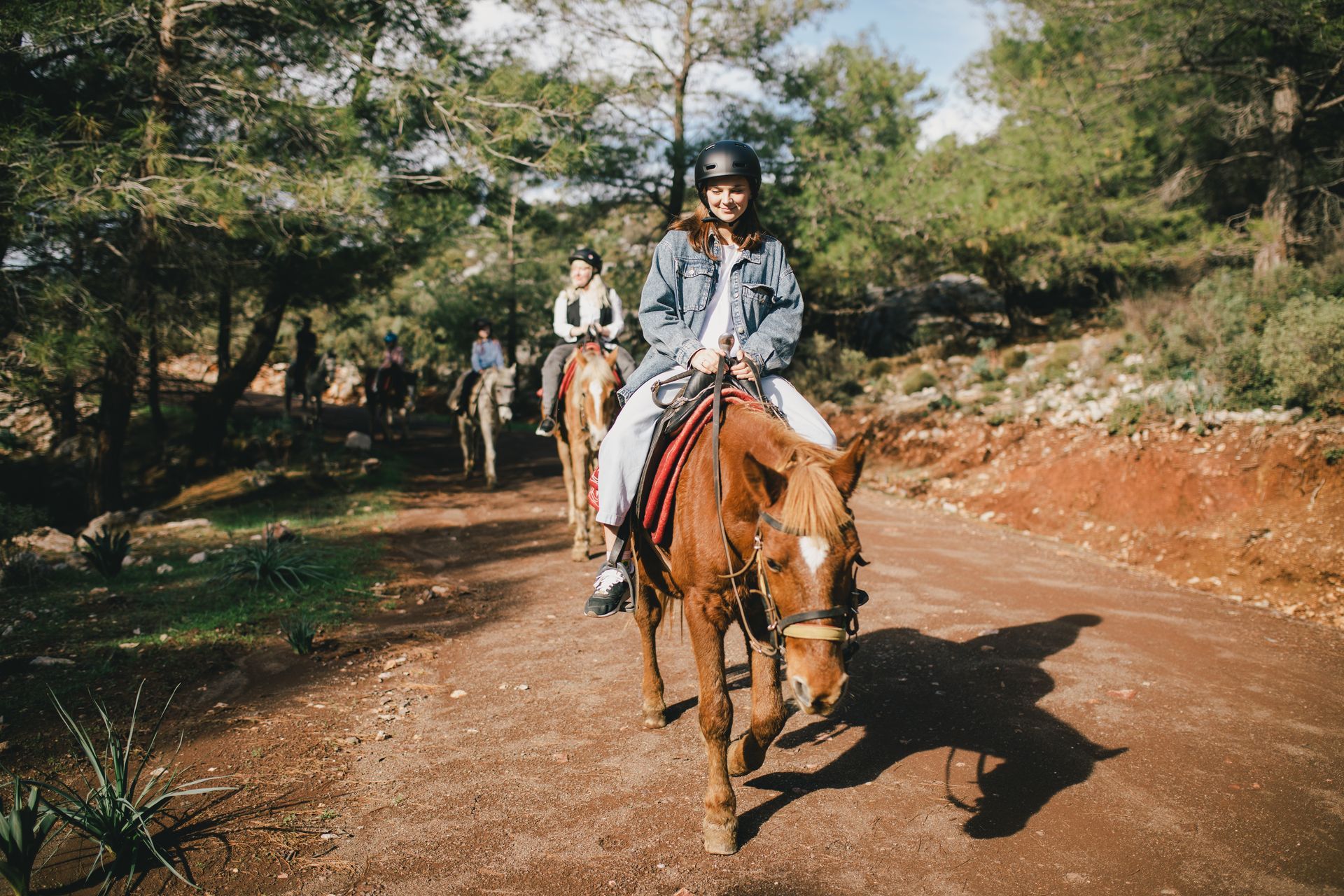How Do You Qualify for the Agricultural Tax Exemptions in Texas?
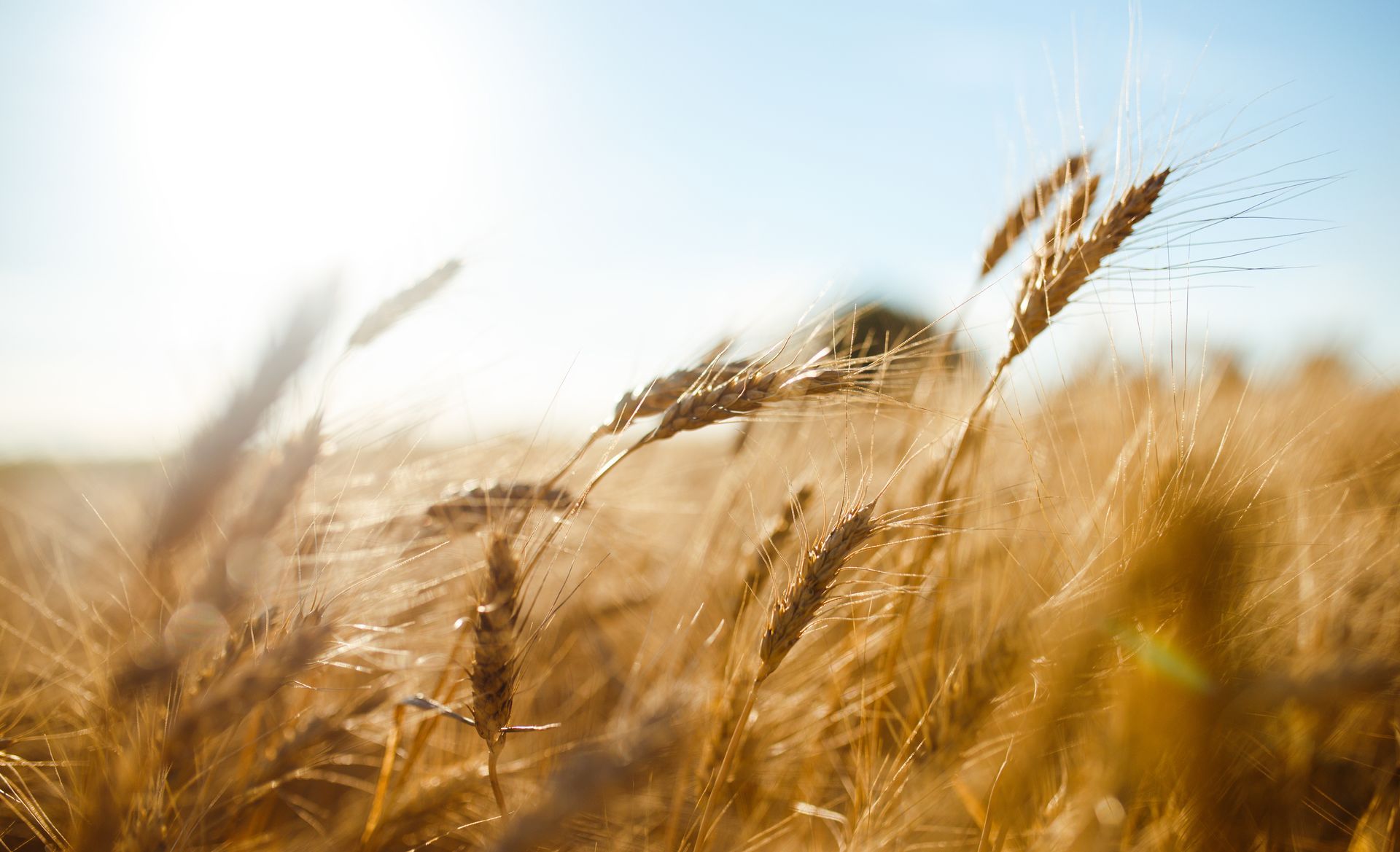
To qualify, your land must be used primarily for agricultural production, which includes cultivating crops, raising livestock or producing timber. You must also conduct your agricultural activities with the intent of generating income. This means any farming, ranching or timber production activities should be carried out in a manner consistent with accepted agricultural practices and with the expectation of making a profit.
What’s the Purpose of the Agricultural and Timber Tax Exemptions in Texas?
The agricultural industry plays a vital role in the Texas economy, contributing to food production, job creation and the overall well-being of rural, suburban and urban communities. To support and incentivize agricultural activities, the Lone Star State offers agricultural and timber tax exemptions. These exemptions serve several important purposes.
Promote agriculture: Agriculture is a significant economic sector in Texas, and these exemptions encourage landowners to engage in agricultural activities, such as crop cultivation, raising livestock and timber production. The exemptions help ensure the continued growth and sustainability of the agricultural sector.
Preserve agricultural lands: The tax exemptions are designed to encourage landowners to maintain their lands for agricultural purposes rather than converting them to non-agricultural uses. Preserving agricultural land helps protect the state's food production capacity and maintains the rural landscape and heritage.
Reduce financial burden: Agriculture and timber production can be financially challenging. Owners and operators of these properties usually incur high costs for equipment, inputs and other expenses. The tax exemptions provide financial relief to landowners engaged in these activities by reducing their property tax burden. This can make a significant difference in the profitability and viability of agricultural operations, especially for small-scale farmers and ranchers.
Foster rural development: The exemptions contribute to the economic stability and development of rural areas in Texas. By supporting agriculture, the state helps sustain rural communities through the encouragement of employment opportunities and support for local businesses. The ultimate goal is to enhance overall quality of life and business sustainability for property owners and communities. The exemptions enable landowners to invest in their agricultural operations, upgrade infrastructure and contribute to the local economy.
Which Activities Qualify for the Agricultural and Timber Tax Exemptions in Texas?
- Growing crops for sale, such as grains, fruits, vegetables or nursery plants
- Raising livestock for commercial purposes, including cattle, horses, sheep, goats, poultry or swine
- Operating a commercial poultry farm, including raising chickens for meat or egg production
- Engaging in fish or shellfish farming, such as raising catfish, tilapia or shrimp in controlled environments
- Bee keeping for commercial honey production
- Planting, cultivating, managing and harvesting timber for commercial use
- Breeding and selling horses
Which Activities Do Not Qualify for the Agricultural and Timber Tax Exemptions in Texas?
- Home gardening
- Raising exotic animals for pets
- Wildlife management and conservation
- Animal boarding
- Operating a golf course or amusement park
- Constructing homes or infrastructure on the land
- Recreational hunting and fishing
- Holding land for investment purposes without actively engaging in qualifying agricultural or timber activities
What Agriculture-Related Expenses Are Eligible?
Several items qualifying property owners purchase to run their agricultural or timber endeavor may be tax exempt. Although specific exemptions can vary, below are some general examples of items that often qualify.
Agricultural exemption:
- Seeds, plants and bulbs used for agricultural purposes
- Fertilizers, pesticides and other agricultural chemicals
- Feed, hay and straw for livestock
- Livestock, including cattle, sheep, pigs and poultry
- Farm machinery and equipment used directly in agricultural production, such as tractors, plows and harvesters
- Irrigation systems and equipment
- Agricultural buildings and structures, such as barns and greenhouses
- Containers, packaging and storage materials for agricultural products
- Agricultural research and testing supplies
Timber exemption:
- Timber or logs harvested from managed forests
- Equipment and machinery used in logging and timber operations, such as chainsaws, skidders and loaders
- Materials and supplies directly used in timber production, including cables, ropes and chains
- Timber processing equipment, such as sawmills, planers and kilns
- Wood products derived from harvested timber, including lumber, plywood and wood chips
- Timberland or forested property used for commercial timber production
Looking to Invest in Land in Rural Texas?
Whether you’re interested in your very own agricultural endeavor, building your dream home as a primary residence or you just want a refuge from city life, having your very own piece of land can be an excellent investment.
At Ranger Ridge, you can purchase several acres of land and experience living in nature, all while having access to excusive amenities like our estates clubhouse, fishing pier and shooting range.
To book a tour of our one-of-a-kind community, call (817) 618-6773.



